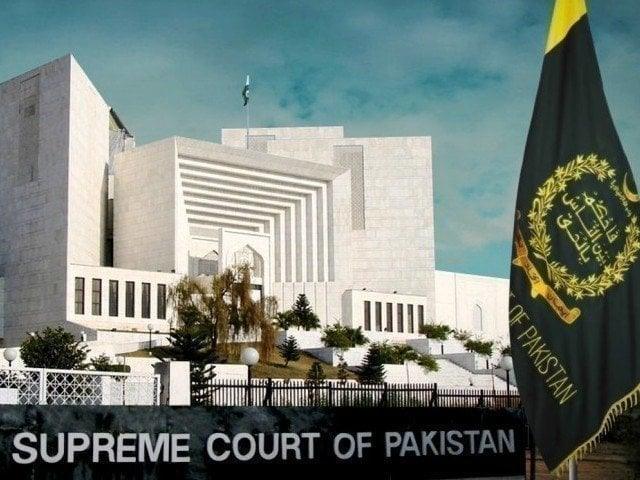The Supreme Court has decided that refusing the possibility of cross-examination to a witness constitutes a violation of Article 10-A in the Constitution that guarantees the right to a fair trial. A five-page verdict written by Justice Salahuddin Panwar, while placing the order from the Federal Service Tribunal, noted that the crossing study was the highest and most indispensable test known by the law for the discovery of the truth. The supreme court said that the reliability of evidence can only be judged through cross -examination, which is important to reveal the truth and test the credibility of claims. This is especially important when the possibility cannot be excluded in the study that a witness can raise untrue and dishonest accusations due to some animosity against the defendant who cannot be accepted unless he undergoes the test of cross investigation, which actually helps to expose the truth and veracity of claims. The petitioner who served as a superintendent of police (PSP-BS-18) was denied the possibility of crossing the investigation of the witnesses. He was Issued a Charge Sheet and A Statement of Allegations for Committing Acts of Omission, Thereby Constituting Inefficiency, Misconduct and Corruption in Terms of Rule 3 (A) (B) and (C) of the Government Servants (E&D) Rules, 1973. Pursuant to an order dated December 23,2015, Passed by the Supreme Court, and the Sindh Government Forwarded the Names of Other PSP Officers, including the petitioner for the commencement of disciplinary procedures. However, during the investigation negotiations, the petitioner was summoned, heard in person, and his declaration/response was registered against the said prosecutor. The statements from 138 witnesses were registered, but he was not allowed to cross any of them. Upon completion of the investigation, the report was submitted on 12.11.2018 to the authorized officer who forwarded it to the secretary (establishment) with the recommendation to impose the greatest penalty for "Reduction to lower phase in time scale for three years" According to Rule-4 (B) (II) for government employees (efficiency and discipline) rules, 1973. Federal Service Tribunal (FST) maintained the penalty. The petitioner later approached the Supreme Court. The order notes that the main goal of cross -examination is to carefully review the testimony of the witness, reveal any discrepancies, reveal potential parties and critically assess the reliability of the evidence provided.
‘Cross -examination cannot be denied’



